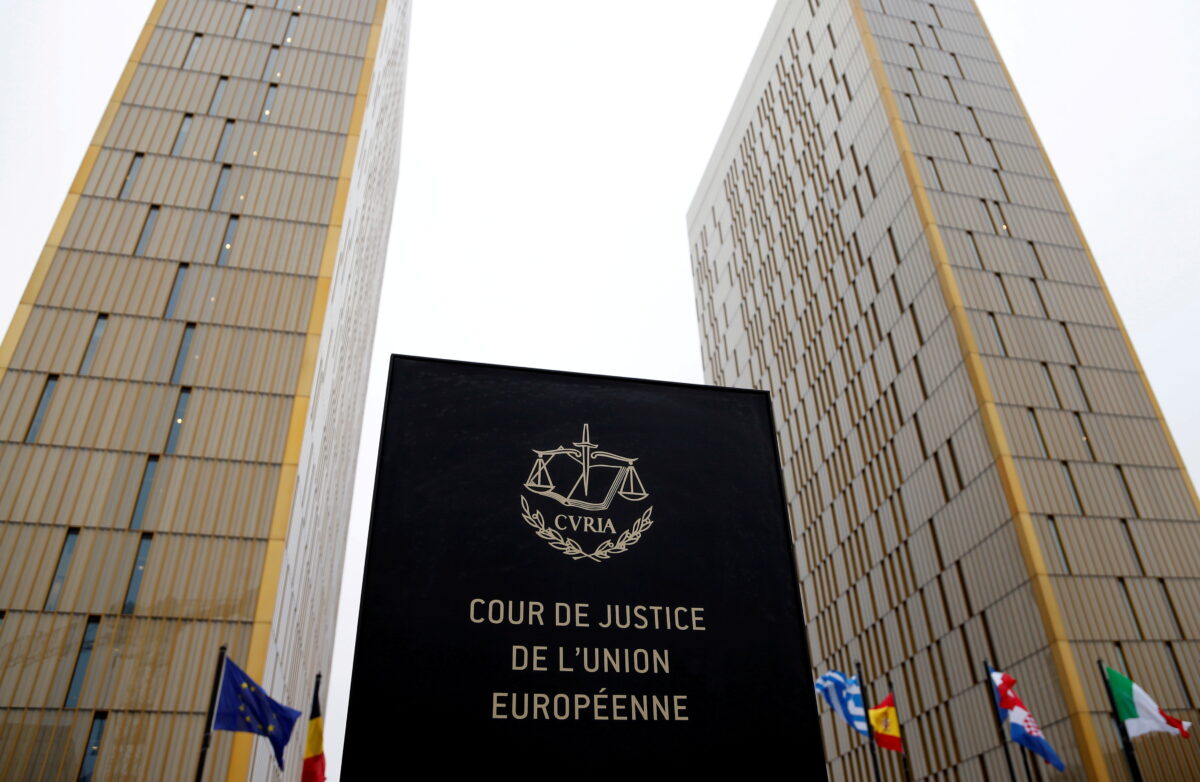
ANKARA—Turkey on Sunday slammed a ruling by a top European Union court allowing the banning of headscarves under certain conditions as a “clear violation of religious freedoms,” adding the move would exacerbate prejudices against Muslim women in Europe.
The Luxembourg-based European Court of Justice (CJEU) ruled on Thursday that companies in the bloc can ban employees from wearing a headscarf under certain conditions, if they need to do so to project an image of neutrality to customers.
The Turkish Foreign Ministry said in a statement the ruling was a sign of rising Islamophobia at a time when it said Muslim women in Europe are being subjected to increasing discrimination for their religious beliefs.
“The CJEU decision, at a time when the Islamophobia, racism, and hatred that have taken Europe hostage are rising, disregards religious freedom and creates a basis and legal cover for discrimination,” the ministry said.
On Saturday, the Turkish presidency’s communication director Fahrettin Altun condemned the move, saying “this wrong decision is an attempt to grant legitimacy to racism.”
The issue of the hijab, the traditional headscarf worn around the head and shoulders, has been divisive across Europe for years, underlining sharp differences over integrating Muslims.
Turkish President Tayyip Erdogan’s Islamist-rooted AK Party, which came to power in 2002 blending a pro-Western, democratic market approach, has been criticized by Western allies in recent years for increasing authoritarianism and religious intolerance. The United States, Greece, Russia, and church leaders expressed concern last year over his government’s move to convert Istanbul’s Hagia Sophia into a mosque last year.
Ankara has repeatedly accused European nations of not doing enough to prevent discrimination against Muslims, saying it will start publishing an annual report on what it calls examples of Islamophobia around the world.
In response to whether headscarf bans at work represented a violation of the freedom of religion, the CJEU said such bans were possible if justified by an employer’s need to present a neutral image.
Ties between Ankara and the bloc have been strained over a host of issues, namely over a dispute between EU member Greece and Turkey over maritime jurisdiction and energy rights in the eastern Mediterranean.
By Tuvan Gumrukcu
Related posts:
Views: 0
 RSS Feed
RSS Feed

















 July 18th, 2021
July 18th, 2021  Awake Goy
Awake Goy  Posted in
Posted in  Tags:
Tags: 
















